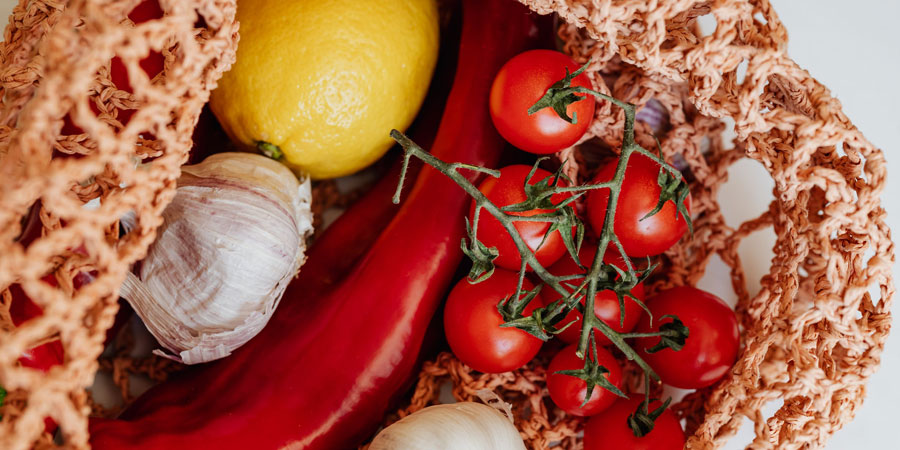
Sometime ago, I was watching romance comedy movie in which Lesle Mann’s character was having a discussion with her husband. Obviously the man had been gaslighting her but she didn’t realize. So she genuinely believed she had some level of memory impairment. She said she needed to go on a vacation and take a lot of ginkgo bibloa to improve her memory. He corrected her pronunciation and then she goes “See?! You See!” Pointing out that something was really wrong with her ability to recall things correctly. This is what gaslighting can look like, it makes the receiver doubt his or her memory or sanity.
This post isn’t about gaslighting though. It’s about the herbal plant ginkgo biloba. Ginkgo biloba being the oldest surviving species of ginkgo, sometimes called a fossil plant because it dates back ages, is one of the most researched plants. This is because of numerous claims of health benefits from improving memory to treatment of heart diseases, Parkinson’s disease and asthma. It is grown in China and its leaf extract is taken by elderly people to reduce age-related memory loss. It has antioxidant properties which means that it can remove harmful chemicals (free radicals) that may alter cell structure and cause various diseases. It helps improve blood flow to the brain; it is neuroprotective. Since Alzheimer’s disease (a type of dementia) results from abnormal shaped proteins, then antioxidants may help prevent this generally. Therefore it is expected that a plant with neuroprotective and antioxidants properties should help prevent or reduce memory problems. This makes sense for anecdotal evidence but not for scientific evidence. Anecdotal evidence is the lowest level of evidence. It is logical thinking and drawing conclusions from observations based on subjective experiences which may not be reproducible. For instance, I can assume that pepper causes abdominal pain because 10 people ate a spicy pepper meal and experienced stomach pain. However, I’ve not checked for other contents of the food that might also be a cause of stomach pain. I’m only basing my assumptions on my gut feelings or instincts. Scientific evidence on the other hand is drawn from well outlined methodological processes and analysis of data obtained. It is done in such a way that another researcher somewhere should get similar results when they follow your processes with little or no modifications.
An analysis of 21 trials to evaluate the effectiveness of ginkgo biloba in treating mild cognitive impairment (memory problems among other things) when compared with conventional medicine or in combination with conventional medicine observed significant improvement in memory when ginkgo biloba extract was combined with conventional medicine. The researchers concluded that even though ginkgo biloba was potentially beneficial in treatment of mild cognitive impairment and Alzheimer’s disease, the findings were inconsistent and more studies needed to be done.
In my third year while preparing for the almighty second MBBS exams, a close friend and study partner introduced me to this supplement. Those were the early days of network marketing in Nigeria and this was marketed by a Chinese company. She said it would help us recall better. We would go to classrooms and libraries to read and sometimes forget what we should know despite studying for hours, so I decided we should give it a try. They came in capsules and we would take a capsule a few minutes before embarking on our study marathon. My friend said it was working so well and I agreed with her. Now I’m not sure if it was a placebo effect or not, but I I made a more conscious effort to retain and retrieve information because exams were closer.
A randomized controlled trial that compared ginkgo with placebo in over three thousand elderly adults with none to mild memory impairments, found ginkgo biloba had no effect on progression to dementia in those with mild cognitive impairment. This means that the study did not find it to halt progression of mild memory deficits to dementia.
There’s no objective way to compare how much we retained before and after taking ginkgo biloba. But we were using substantial part of our allowances to purchase this because we so strongly believed it helped.
When results were released, we both passed. Whether ginkgo was responsible or played a role or our success was due to sheer hard work, we would never know.
